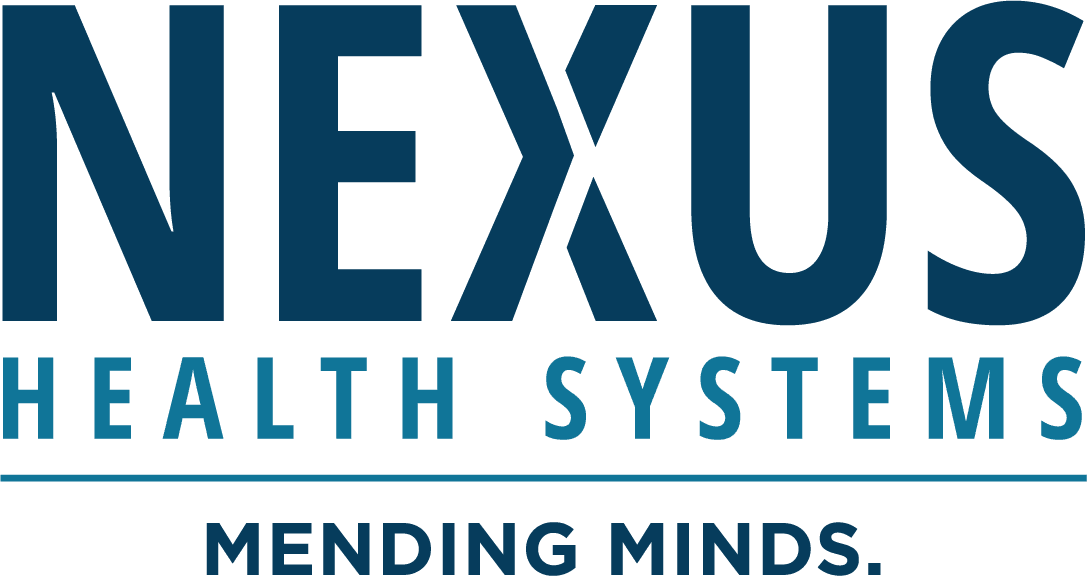
Home / Programs & Services / Respiratory Therapy/Pulmonary
Managing and restoring pulmonary function through individualized respiratory therapy
Offering pulmonary services from rehabilitation to ventilator management and ventilator weaning
Many serious injuries or illnesses often compromise an individual’s ability to breathe — either temporarily or causing ongoing respiratory complications or needs. From management of chronic lung issues to treatment of acute respiratory disorders to ventilator weaning, Nexus helps patients with a variety of pulmonary services.
State-of-the-art technologies and evidence-based treatment strategies allows our respiratory team to customize each patient’s experience with the common goal of maximizing potential for positive outcomes. Working with all types of patients from ventilator-dependent to those with ventilator weaning orders, Nexus’ team of respiratory therapists develop individualized treatment plans. In collaboration with other clinicians and therapists, the respiratory team contributes to outcomes that help patients live productive and meaningful lives — because we’re healing bodies and mending minds.
What is respiratory therapy?
Respiratory therapy is a healthcare specialty that focuses on helping patients with breathing or cardiopulmonary disorders. It involves assessing, diagnosing, treating, and managing patients with acute or chronic respiratory conditions. The goals of respiratory therapy are to improve lung function, ease breathing difficulties, and ensure optimal oxygen delivery throughout the body.
We help patients recover from all kinds of traumatic injuries and serious illnesses. In the early stages — also known as acute or intensive care — intubation and assisted breathing are often necessary. In our post-acute care settings, respiratory therapists administer oxygen, manage ventilators, perform pulmonary function tests, provide airway management, and educate patients on techniques to improve lung function.
At Nexus, we strive to help patients wean off ventilators as soon as possible. While ventilators can provide vital breathing support when patients are unable to breathe independently, prolonged use carries significant risks. Potential complications of extended mechanical ventilation include ventilator-associated pneumonia (VAP), muscle weakness, and psychological effects such as delirium. It can also make it harder for patients to breathe on their own in the future by causing issues such as barotrauma (damage from high pressure) and volutrauma (damage from high lung volumes).
To determine when it is medically safe to begin ventilator weaning, our experienced respiratory therapy team monitors everything from lung function and oxygenation levels to overall medical stability and emotional wellbeing. Techniques such as spontaneous breathing trials may also be used to evaluate whether patients can maintain adequate respiration without mechanical assistance. Successful weaning leads to faster recovery, shorter hospital stays, and improved outcomes.
We have many services and programs. Let's find the one that will help the most.
Example Searches Mental HealthBehavioralBrain InjurySpinal Cord InjuryAutismDevelopmental DelayPWSComplex DiagnosisLife Care
Respiratory therapy services are part of our programs.
Click below to learn more about how we can help.

